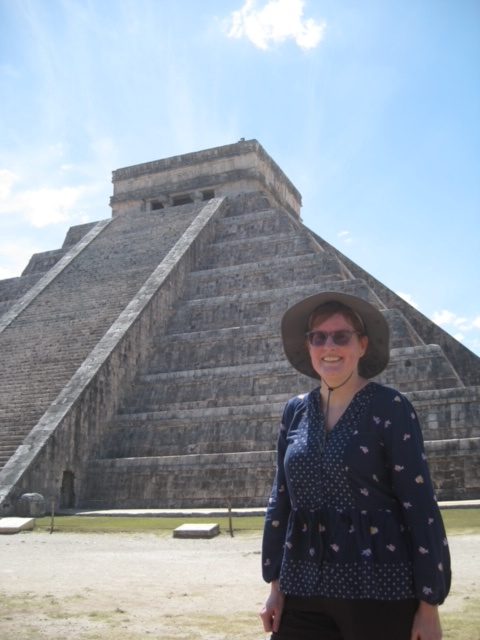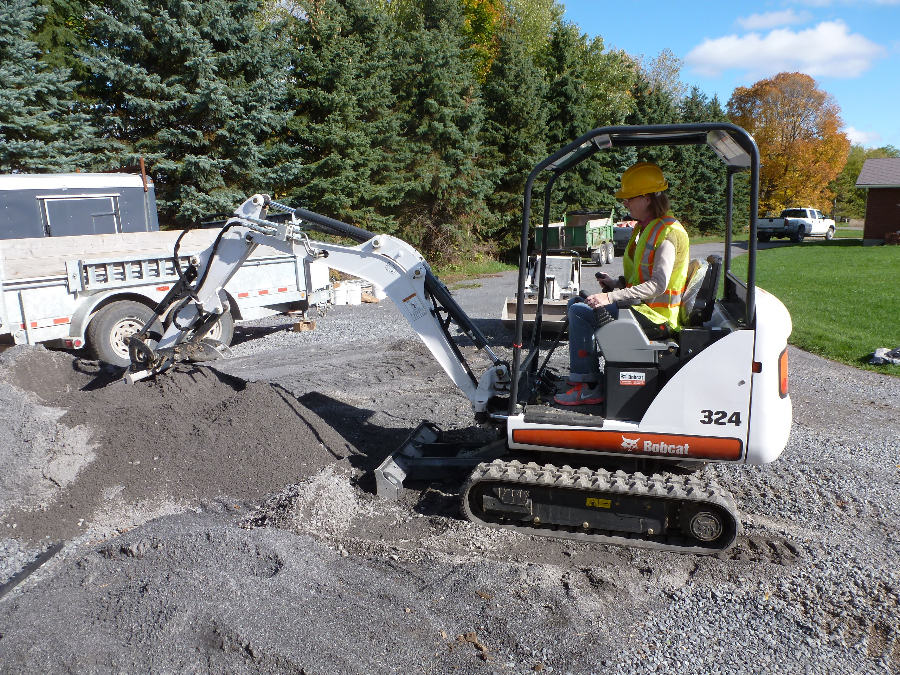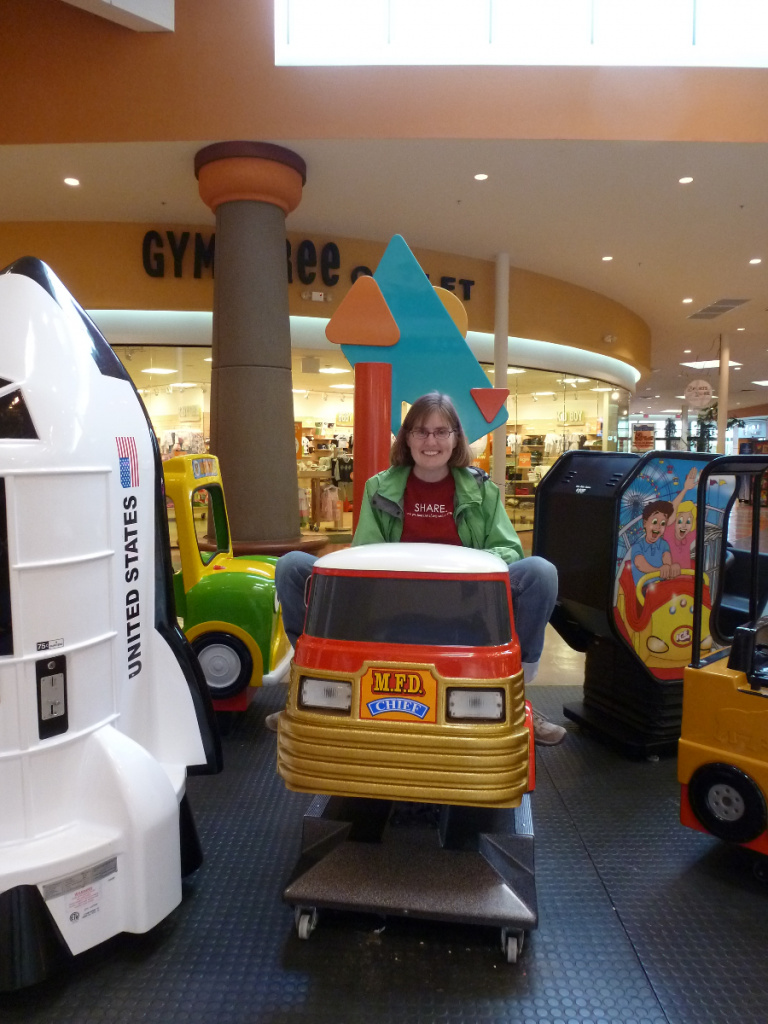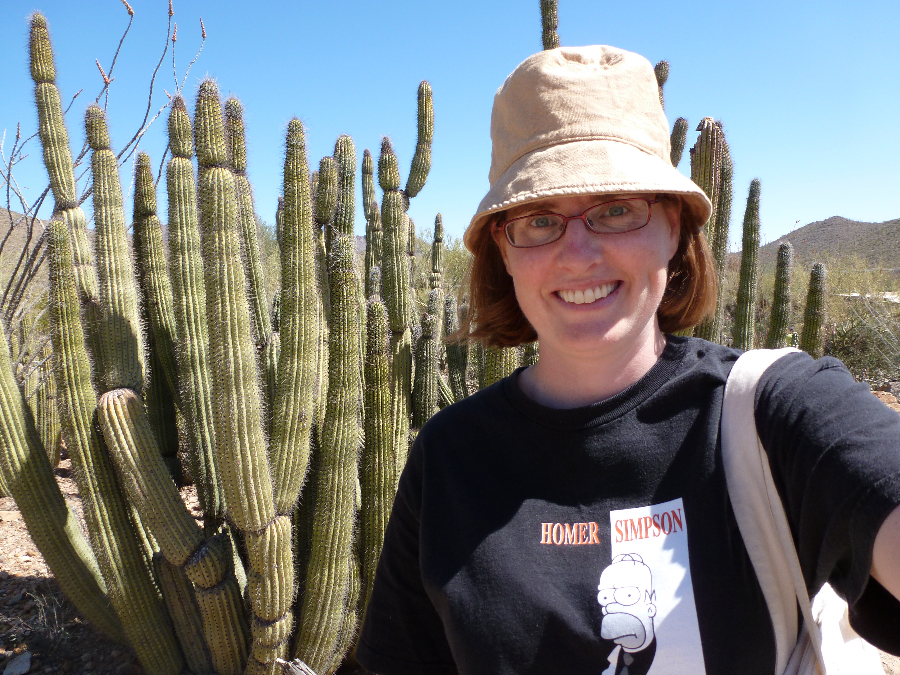How did you get there? Annie Pettit

Great to hear from Annie Pettit PhD who is an independent insights consultant, specializing in writing reports for qualitative and quantitative studies. She’s currently Chair of the ISO 20252 Canadian mirror committee and on the board of the Certified Analytics and Insights Professionals (CAIP) board in Canada. Annie is also a Significant Insights Global 30 Under 30 judge for the third year in a row.
So, Annie, how did you get into the industry and take us through how you got to this point?
Like many people in our industry I didn’t intend to become a market researcher. But, I headed along that path without knowing it. As a young person, I initially wanted to become a veterinarian and then an archaeologist. However, my sister headed off to university before me which meant I got my fingers on her course calendar, back when it was a paper book!
I read that book cover to cover even though university was four years away. I fell in love with all the psychology courses – social psychology, psychology of learning, human personality, cognitive behaviours. I finally decided I’d like to become a psychometrist, a person who designs personality, intelligence, and employment tests.
I chose all my university classes with that in mind and that meant taking lots of research design and statistics classes. It seemed like no one ever liked those classes and I was always the only person who wanted to be there. I continued on to do a Master’s degree because I knew that a basic psychology degree wasn’t enough to become a psychometrist. In the end though, I finished up with a PhD because the university just assumed that was part of my plan! (It wasn’t!)
Once I graduated, I jumped right into a government job developing intelligence and employment tests for the policing system in my province. I quite liked it but along my academic career, I had started to catch wind of this whole marketing research thing. In that career, I saw people solving a huge range of problems and using all kinds of research designs, far more than what I was getting to use. After just a couple years as a psychometrist, I made the switch. It worked out fantastic!

Greatest career moment so far?
So many things have been amazing for me. Speaking at a marketing research conference for the very first time… Being invited to participate in and then lead Canada’s ISO 20252 mirror committee… Writing a book about empathetic questionnaire design that researchers actually like… But most of all, being named a Fellow of Canada’s national marketing research association. It felt surreal to be invited to become a member of a group of people whom I’d looked up to for so long. It still feels unreal!
Bring to life your perfect work week?
My perfect work week is very quiet, yet very noisy. It includes putting on headphones to listen to and analyze focus groups and interviews about new consumer products, reviewing data tables from polls and questionnaires, and converting random chatter into engaging and insightful toplines and reports. Sometimes that consumer chatter is a rambling mess of tangents with almost no self-awareness but other times people really understand their own needs and desires. I love creating cohesion out of chaos.
The best way to keep my thinking sharp is to clear my mind with deliberate breaks. Every day, I take at least an hour to go for either a fast walk around the neighborhood or swim some laps at the local pool. And, a second break or lunch will include snacking on some homemade cheese while watching bunches of finches, robins, cardinals, blue jays, and nuthatches figure out how to share the bird bath. These breaks are often when an insight consolidates and becomes real!

Career paths are rarely without challenges. Can you share an honest moment from your career when things didn’t go quite according to plan, but the lessons remain with you to this day?
I was laid off at one point. Clearly, that wasn’t my plan. But, I was lucky to be in a position where I wasn’t forced to find any job as quickly as possible. I realized it was a rare opportunity where I could pause and rethink what I wanted to do.
I decided to NOT look for a job and instead take six months to listen, learn, and experience what was happening in the research industry. I watched piles of free webinars and read about neuroscience, qualitative research, and all things new and different. And in that process, people started asking me to help them with projects. It turns out that, sometimes, when you aren’t focused on getting something, people will give you something.
What two things should junior researchers focus on as they progress in their careers?
Throughout your career, you’ll see other people get promoted, be asked to speak at conferences, win awards, and do great things. You can be that person if you want to but it starts with you. Volunteer to present a newly completed project to your team, write a blog post about the webinar you just watched, summarize the book you just read, or share important news at your weekly team meeting.
Build yourself a background full of knowledge and experience. Then, when the time comes and you have all this documentation, you can be confident that you’ve earned the privilege to present at a conference, or ask for that raise or promotion. ASK for what you want but make sure you can back yourself up.

Do you have any advice for our sector?
Quality literally starts with you. We need to stop researching how to generate better quality data and start doing it. Quality has almost nothing to do with making people give us better data. It has everything to do with putting quality ahead of cheaper quotes and faster completes.
Your client doesn’t want to pay for a better quality questionnaire or for the right sample? Say no. Don’t do poor quality work. Don’t buy poor quality services. And don’t blame research participants who are simply behaving like regular, time-starved, financially struggling people.
And do you have anyone who has helped your career so far that you’d like to acknowledge and say thanks or give a shout out to?
Absolutely! Tessie Ting and Jean Davis are two impressive women. When they invited me to be a part of Conversition, a start- they founded, it was a fairly easy decision to join them. They had a vision and were determined to build a great product. They were always so confident and self-assured, and they let nothing stand in their way. I needed to see how they were doing that and whether I could emulate it.
Two other women I really admired were Renee Smith and Lynn Greiner. I never really worked with them directly but they were senior women who were respected by everyone around them. They also were successful industry leaders in a space that seemed to be dominated by men.
I was determined to borrow as much determination and confidence as I could from them. It really is true that you cannot be what you cannot see.